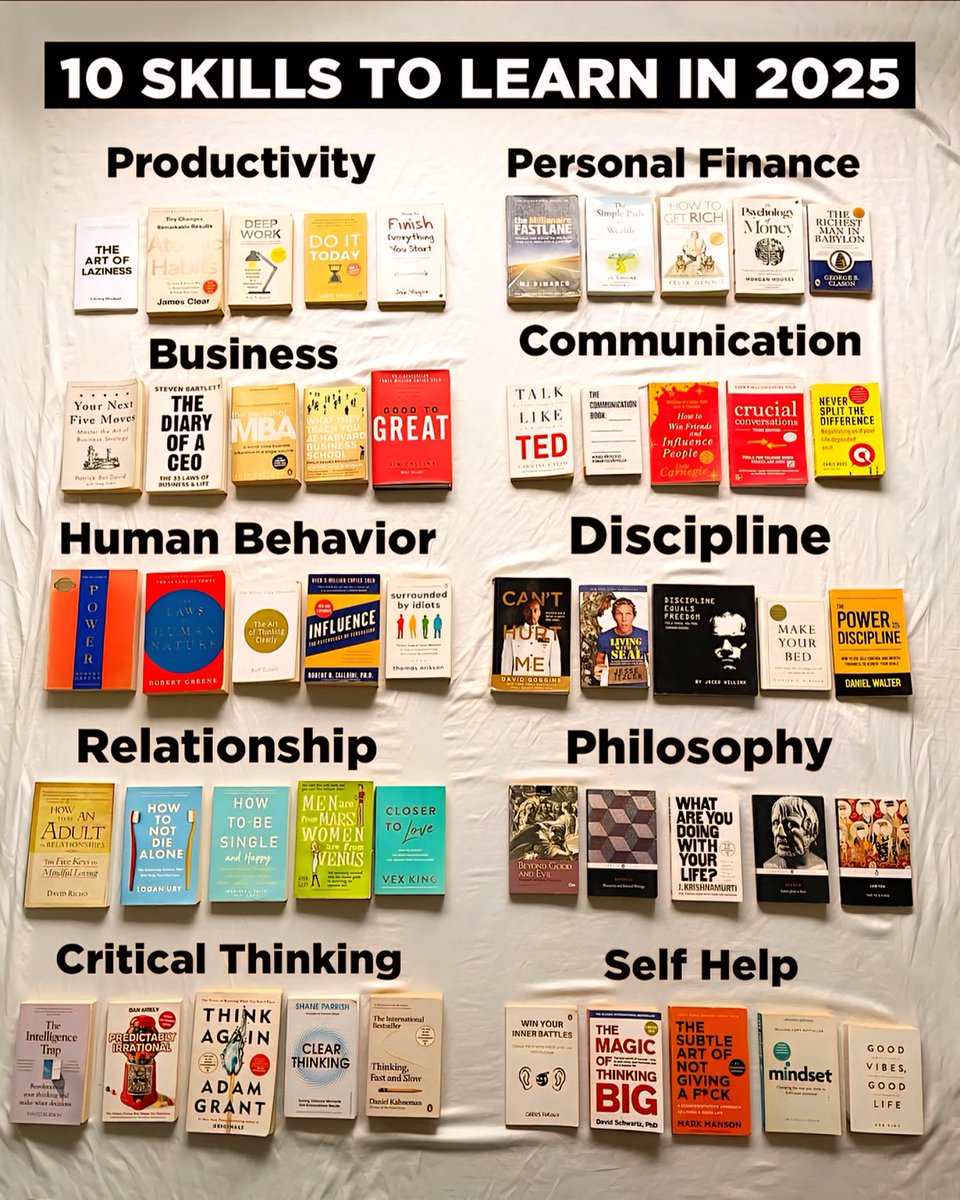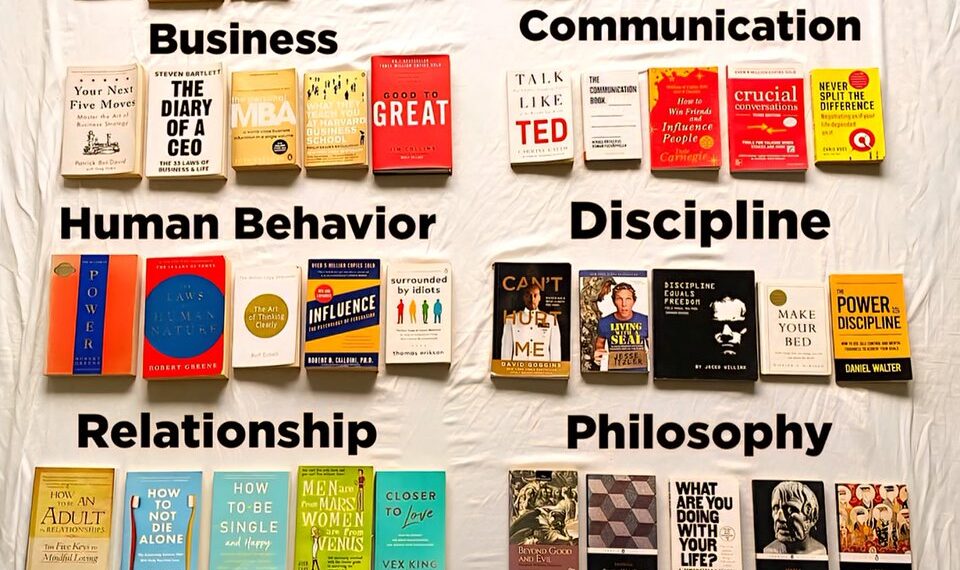Select Language:
10 Essential Skills to Master in 2025

1. Advanced Data Literacy
In 2025, data continues to be the backbone of decision-making across industries. Professionals who can interpret complex datasets, identify trends, and communicate insights effectively will be highly valued. Learning tools like SQL, Python for data analysis, and visualization software such as Tableau or Power BI can give you a competitive edge. With organizations increasingly relying on big data, mastering data literacy will open doors to roles in analytics, marketing, finance, and beyond.
2. Artificial Intelligence and Machine Learning
AI and ML are transforming how businesses operate, and this momentum shows no signs of slowing. Gaining proficiency in AI frameworks, model training, and ethical AI considerations will be crucial. Whether you’re interested in building automation tools or developing predictive algorithms, understanding these technologies will position you at the forefront of innovation. Online courses and certifications from platforms like Coursera and Udacity can provide a solid foundation.
3. Cybersecurity Expertise
As digital infrastructure expands, so does the temptation for cyber threats. Protecting sensitive information and systems requires skilled cybersecurity professionals. Skills in network security, ethical hacking, threat assessment, and emerging areas like quantum encryption are in high demand. Companies are investing heavily in cybersecurity, making this a lucrative field for those who stay current with evolving threats and solutions.
4. Digital Content Creation and Management
Content remains king in the digital landscape. Expertise in creating compelling multimedia content, managing social media platforms, and understanding SEO best practices will continue to be valuable. Skills in video editing, graphic design, and podcasting paired with analytics tools can help brands connect authentically with their audiences. With the rise of short-form videos and live streaming, content creators who adapt quickly will thrive.
5. Remote Collaboration and Communication
Remote work is now a permanent fixture across many sectors. Professionals who master effective virtual collaboration, digital project management, and asynchronous communication techniques will have a distinct advantage. Familiarity with tools like Slack, Asana, Trello, and Zoom, along with strong interpersonal skills adapted to digital environments, will be essential for team success.
6. Sustainability and Green Technologies
Climate change awareness has spurred rapid growth in sustainable practices and green tech innovation. Skills related to renewable energy systems, environmental policy, sustainable architecture, and eco-friendly manufacturing are increasingly in demand. Companies committed to environmental responsibility are actively seeking experts who can implement sustainable solutions aligned with business goals.
7. Cloud Computing and DevOps
The shift toward cloud infrastructure continues to accelerate. Proficiency in cloud platforms such as AWS, Azure, or Google Cloud, alongside skills in automation, containers (Docker, Kubernetes), and continuous integration/continuous deployment (CI/CD), will be vital. These competencies enable organizations to innovate faster, reduce costs, and improve scalability while ensuring security and reliability.
8. Financial Technology (FinTech) Skills
The FinTech industry is revolutionizing banking, payments, and investments. Skills in blockchain, cryptocurrencies, digital wallets, and regulatory compliance are increasingly relevant. As financial services embrace decentralized finance (DeFi) and digital currencies, professionals who understand these innovations will be instrumental in shaping the future of finance.
9. Emotional Intelligence and Adaptability
While technical skills are crucial, soft skills like emotional intelligence, resilience, and adaptability remain vital. The ability to navigate changing circumstances, work effectively within diverse teams, and demonstrate empathy enhances leadership potential and team cohesion. These qualities will help professionals thrive in fast-paced, volatile environments.
10. Multilingual Communication
Globalization continues to expand, underscoring the importance of multilingual abilities. Being fluent in multiple languages enhances cross-cultural communication, opens international opportunities, and demonstrates adaptability. Coupled with digital literacy, multilingual professionals can engage with diverse markets more effectively.
Revisiting these skills and investing in their development will position individuals to succeed in 2025’s competitive landscape. Staying ahead of technological advances and refining soft skills will ensure resilience and relevance in an ever-evolving world of work.







